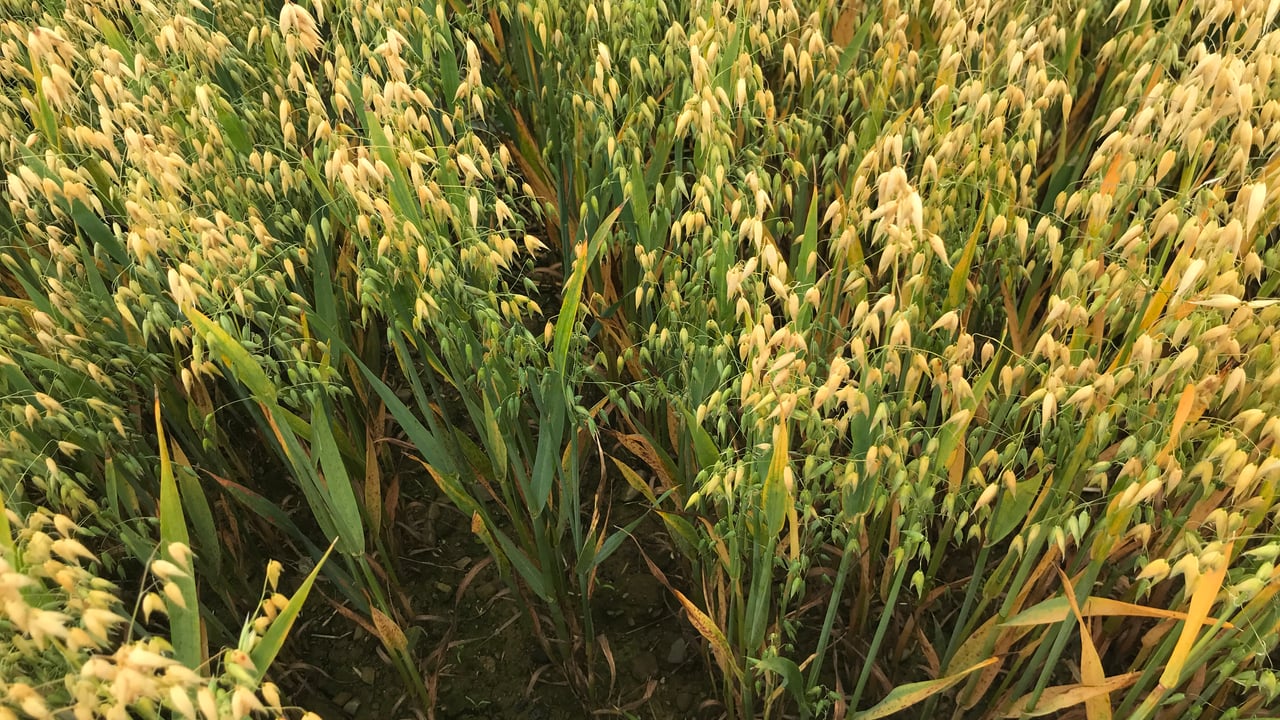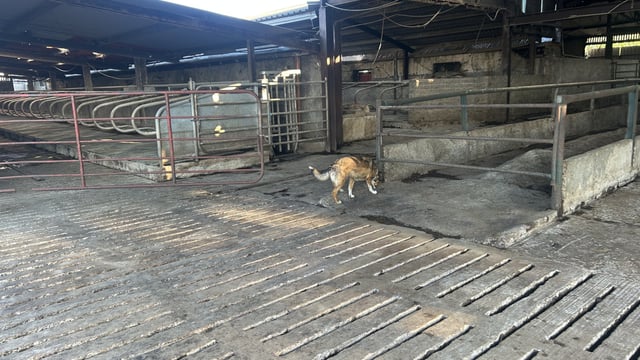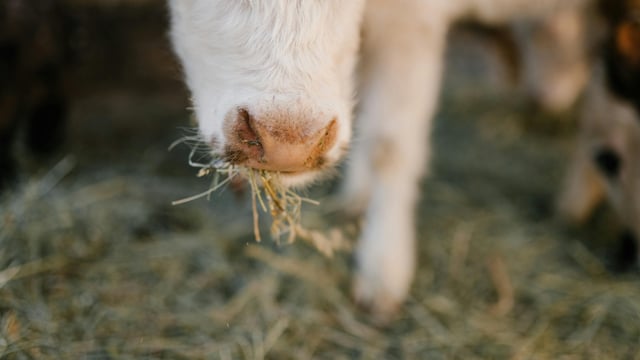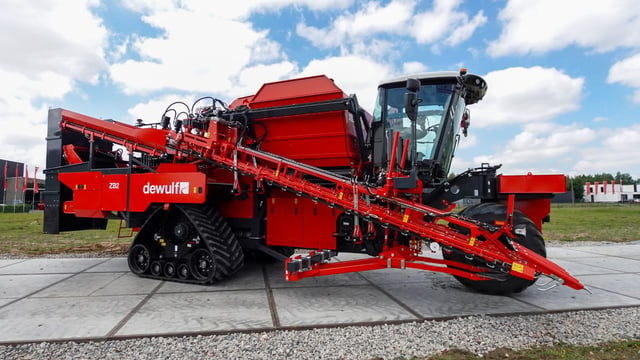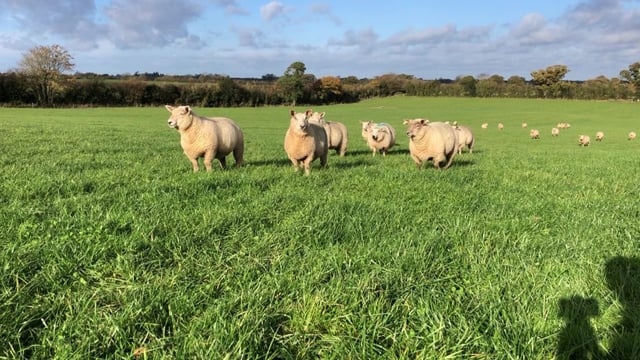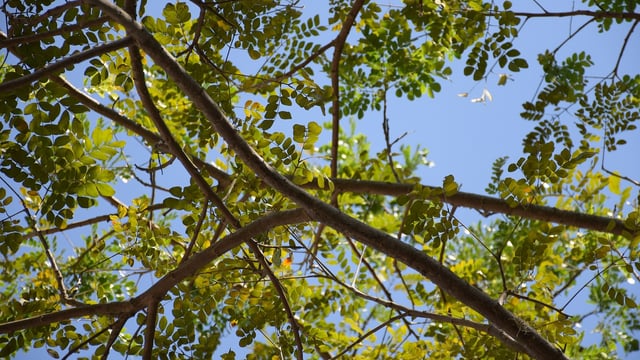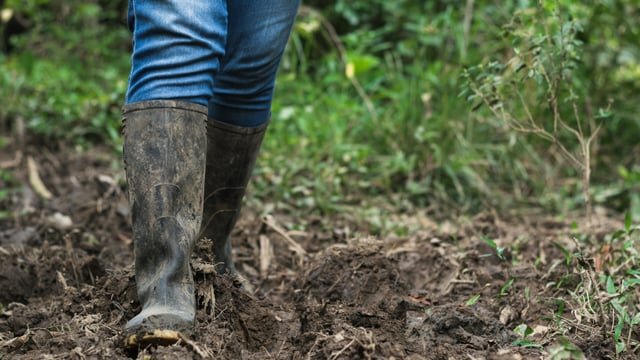AFBI assesses new cropping options for NI
Agri-Food and Biosciences Institute (AFBI) scientists are assessing the ability of a range of new cropping options to perform well in Northern Ireland.
These include the growing of mallow - a herb with a range of pharmaceutical uses.
The spring-sown crop can be used to improve gut health in livestock, and current AFBI trials are assessing its use in both grazing and silage scenarios.
Mallow was first grown as part of these trials in 2024 with the initial focus on identifying those agronomic principles that best meet its needs.
New cropping options
Other aspects of arable research ongoing at AFBI include the co-cropping of peas, beans, and oats.
Meanwhile, the presence of mycotoxins in cereals continues to pose a threat to human and animal health.
AFBI scientists are looking at the specific aspects to this challenge in crops.
Initial work indicates that the scale of the problem that can arise is directly associated with crop height.
The role of heritage oat varieties may also be key in this regard.
Plant breeding remains a key driver for AFBI, particularly where new grass and forage varieties are concerned.
Currently, 3,000t of grass seed are purchased in Northern Ireland, of which 70% comprises varieties developed by AFBI plant breeders.
Research has shown that every 1% increase in grass dry matter digestibility leads to a corresponding 1.9% decrease in greenhouse gas emissions within grazing and feeding systems.
According to AFBI director, Prof. Elizabeth Magowan, global warming could lead to enhanced grass production levels across the island of Ireland.
She explained: “At one level, this is extremely positive. However, the enhanced output levels will be achieved at the shoulders of the season - the early spring and late autumn periods.
“These are periods of the year when physically utilising this extra grass can prove challenging.
“So we need to develop grass varieties that best reflect this management need.”
Current AFBI grass varietal work is specifically looking at the development of deeper rooting plants that can better withstand both periods of drought and excessive rainfall.
Other priorities include the development of grass varieties that are resistant to disease, including; crown rust and leaf spot.
Trial work has also confirmed a direct linkage between tannin levels in forages drops and reduced levels of methane emissions form ruminant livestock.
However, the problems is that cattle and sheep find tannins extremely unpalatable.
AFBI scientists are now looking at ways of developing nature-based solutions that will reduce forage-related emissions within ruminant production systems.

